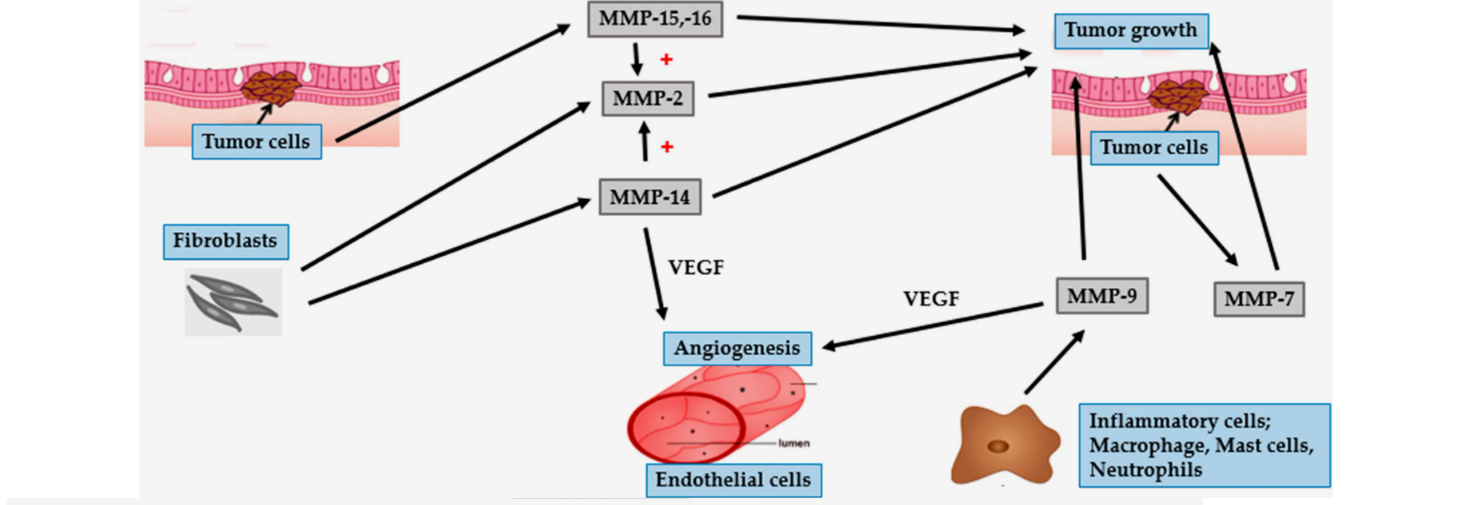The dysfunction of matrix metalloproteinases (MMPs) – a family of enzymes that break down extracellular matrix (ECM) – has been implicated in various pathological conditions such as cancer, cardiovascular diseases, and arthritis. MMPs’ role in ECM remodeling makes them attractive targets for therapeutic intervention, and a specific class of compounds known as chelators targeting matrix metalloproteinases (CTMMPs) has emerged as a promising strategy.
The Chelators Targeting Matrix Metalloproteinases Library houses a collection of compounds that selectively inhibit MMP activity by targeting the enzymatic active site with chelating agents. These compounds offer unique advantages, such as high selectivity, potent inhibition, and low toxicity compared to traditional MMP inhibitors. Chelators work by sequestering the zinc ion at the active site of MMPs, which is essential for their catalytic activity, thus blocking MMP activity.
The CTMMPs library includes compounds with diverse chemical structures and binding mechanisms, enabling researchers to investigate different MMP targets and develop innovative therapies. By selectively targeting specific MMPs involved in disease pathology, researchers can explore the molecular mechanisms underlying the disease and identify new therapeutic candidates.
CTMMPs also exhibit advantages over traditional MMP inhibitors in terms of safety and efficacy. Traditional inhibitors can interfere with other zinc-dependent enzymes or induce reverse activity of MMPs, increasing the risk of toxicity. However, CTMMPs’ zinc ion-binding mechanism enables them to maintain a high degree of specificity and a decreased risk of off-target effects.
The applications of CTMMPs span a wide range of research areas and hold significant promise in various disease areas, particularly in cancer. MMPs’ role in matrix remodeling plays a critical role in tumor growth, invasion, and metastasis, and MMP inhibition has emerged as an attractive strategy for cancer treatment. The CTMMPs Library’s diverse collection of compounds offers researchers a valuable toolset for identifying and developing MMP inhibitors with improved efficacy and fewer side effects.
Beyond cancer, CTMMPs have shown potential in various other diseases where MMP dysregulation contributes to tissue damage and inflammation, such as arthritis and cardiovascular disease. By selectively targeting specific MMPs involved in these conditions, CTMMPs offer new therapeutic options with increased efficacy and safety compared to traditional MMP inhibitors.




